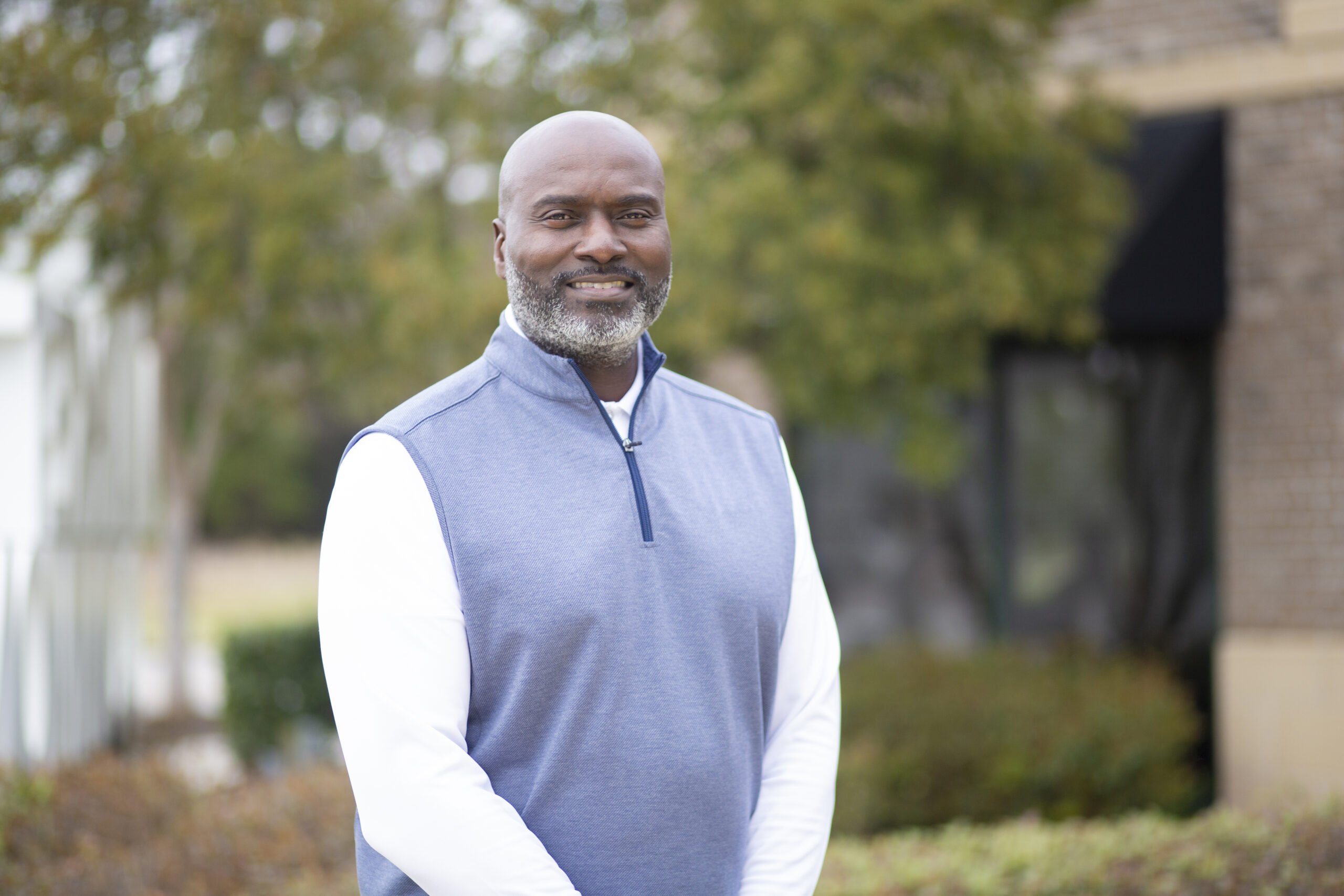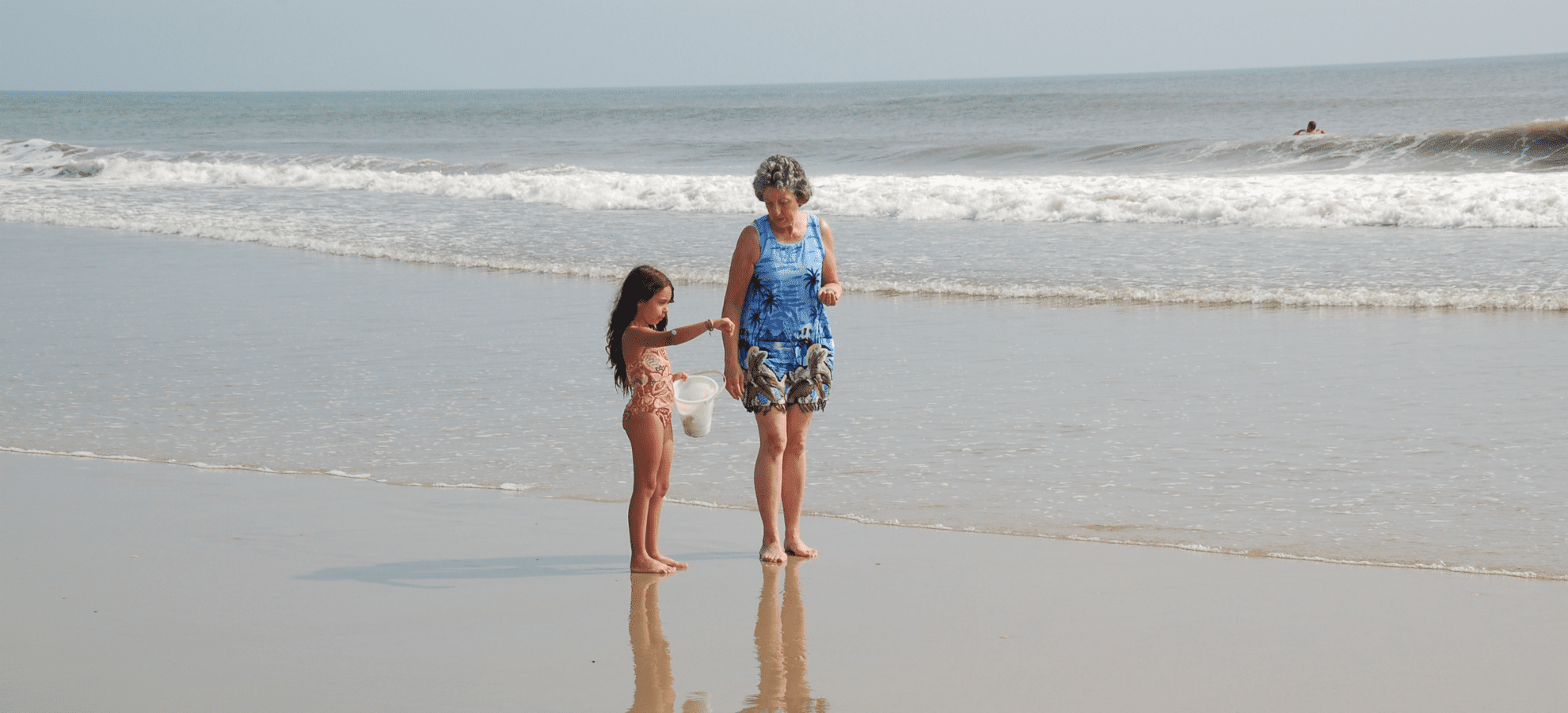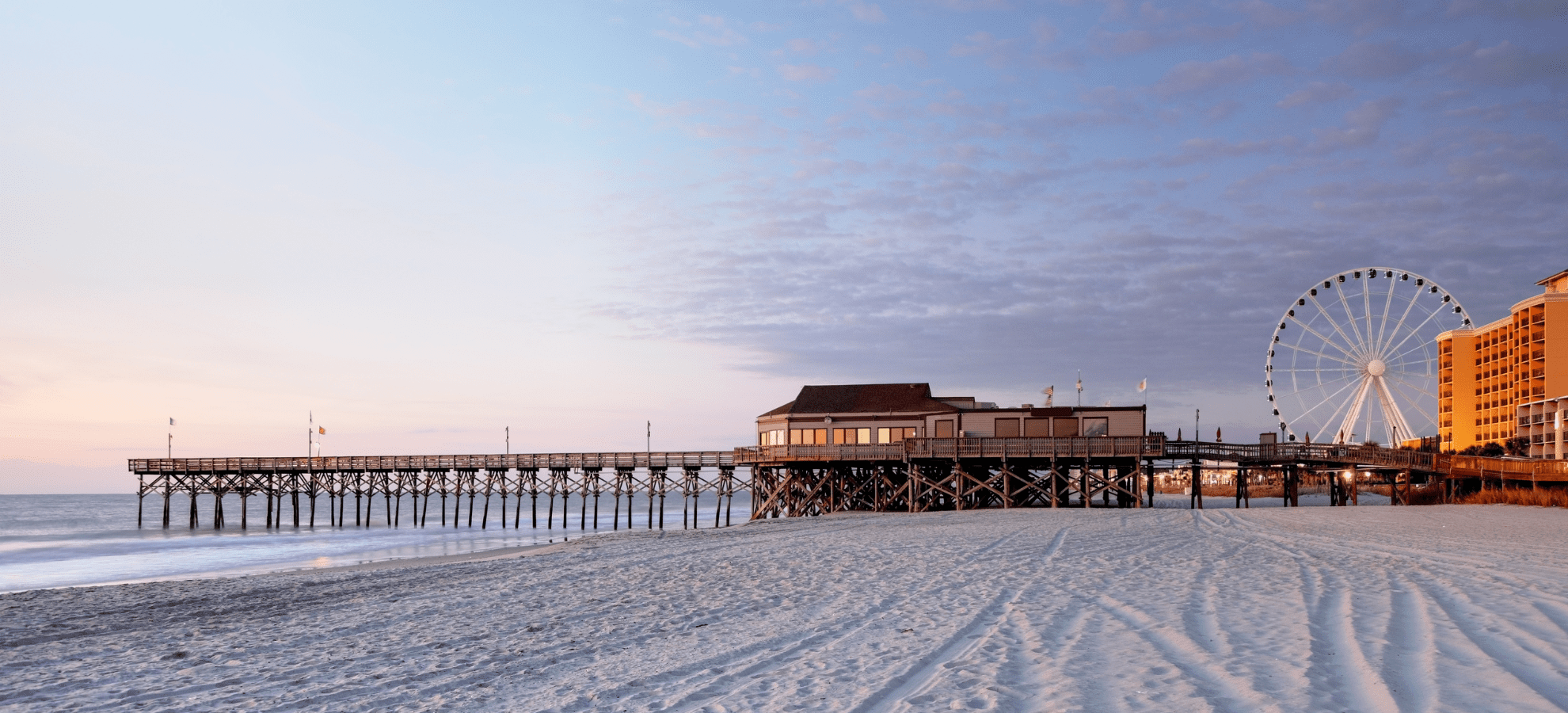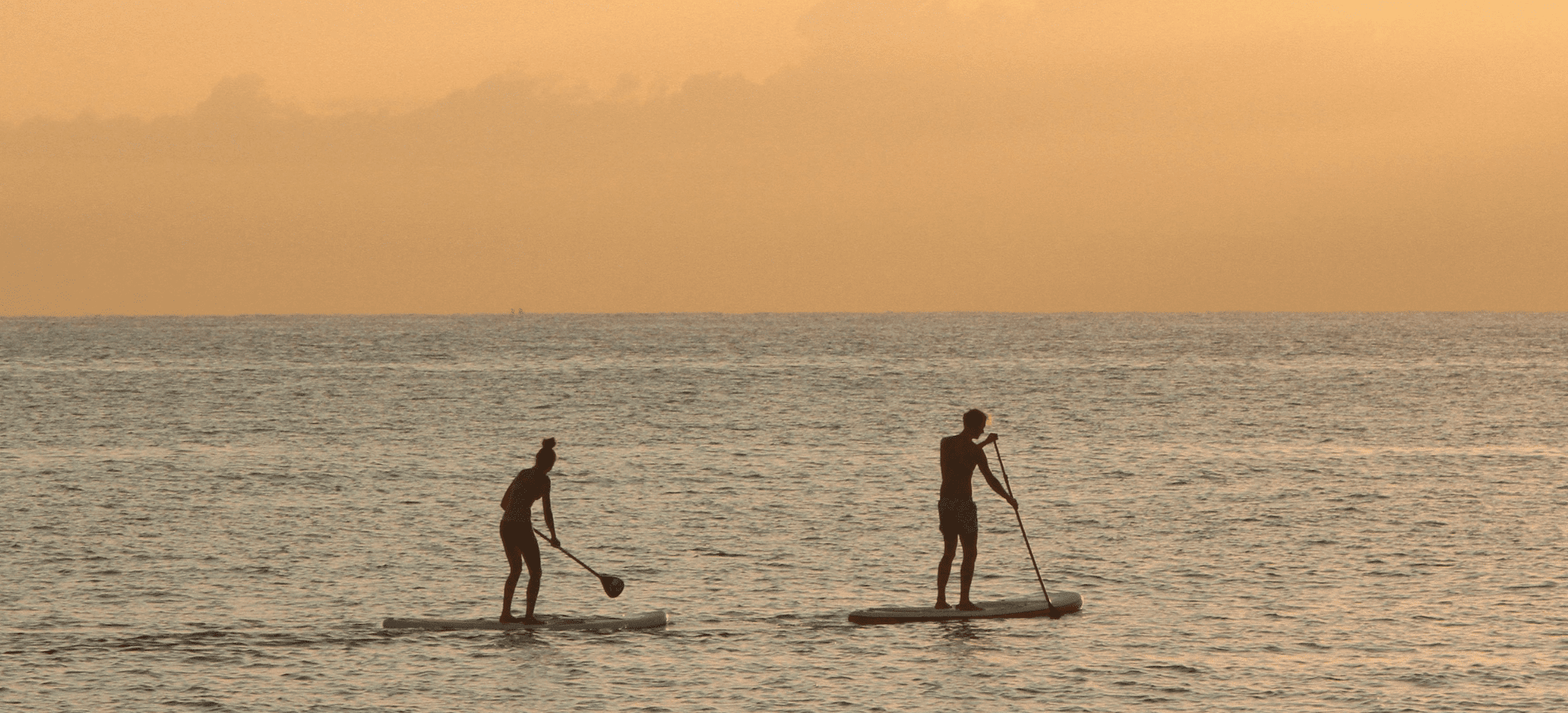U.S. Army Veteran With the 11th Cavalry
Celebrate Our Veteran gives voice to the stories of the U.S. military veterans living amongst us. The actions of these brave and dedicated people, who have served our country both in active military duty as well as administrative positions, have and continue to contribute to the protection and preservation of us and our country.
We hope that this section of our paper is an opportunity for our community to hear and see veterans with new eyes, and for veterans to receive recognition and honor for their experiences and life journeys.
This month’s Celebrate Our Veteran recounts the story of Larry Williams as told in his own words.
Larry Williams was a U.S. Army veteran with the illustrious 11th Cavalry. He flew Back Hawk helicopters in Iraq during the First Gulf War, as well as along the politically sensitive border between East and West Germany during the early ’90s.
This is the final chapter of a two-part series, continued from last month. Click here to read.
by Melissa LaScaleia
“When I returned to Fort Bragg, I became a test pilot for Black Hawks. I made sure that the aircraft systems were working properly before pilots would fly. We would have to fly the aircraft ourselves to troubleshoot any problems; it was essentially quality control. A lot of it, too, was testing new equipment to make sure that it was running properly.
After my term in Fort Bragg, I went to Korea in 1996 for one year to help provide support for the South Korean military. I was stationed at Camp Humphreys in a transportation unit, which acted as support for all the military in South Korea. I worked on helicopters and made sure they were safe to fly in the event we had to go on a mission.
After Korea, I returned to the United States, to Fort Rucker, Alabama, to become an instructor at the school for test pilots. Fort Rucker is known as the home of Army Aviation. My job was to train other Black Hawk pilots in how to become test pilots.
While I was an instructor there, I did a lot of flight training and teaching. We taught both American Army and Air Force pilots how to fly Black Hawks and we trained our allies that flew them— the Egyptians, British, and Saudis. It was really nice. I realized that we have a lot more in common than we have differences between Americans and other countries. But the way we trained, as Americans, is different.
In the United States, we’ve always had all the training and equipment we need. And whenever something breaks, we fix it without concern for cost. The number one motivation for us is to be ready, regardless of cost.
We also operate with the understanding and expectation that we have a superior fighting force compared to just about anybody else. For us, all we’ve ever had is the best, but others were just getting access to better equipment, or for them it wasn’t as simple to procure it.
But I trained everybody the same way regardless of the resources they had available to them, so they would have the knowledge they needed to make the best decisions they could, given what they had.
It was a great experience. I met so many people in the three years I was there. I retired from the military in 1999, at the age of thirty-one. I had had a career with the military for thirteen years and nine months. It was a blast.
My time was mostly academic, and mostly technical with working on aircraft the entire time. I went to amazing places and experienced amazing things. I had so much fun, I can’t believe I got paid to do it; I’d have done it for free. I never got seriously hurt. I had friends who were in different parts of the world and didn’t make it though.
What’s important to you is what you remember. And I remember the missions and training and how important my job was. But what I remember the most was the people, the experiences, and the hard times and good times I went through with someone else. That camaraderie that you form with other people is what I remember. What’s important is we went places and did amazing things together.
When I got out in 1999, the jobs that I was qualified for didn’t pay, unless you did something more dangerous. I opted out. As I was approaching the end of my time in the service, I had an opportunity to work for customs, the drug enforcement agency, and a few military contractors, but those were kind of boring missions. I didn’t want to do that.
If I couldn’t do what I did tactically, flying Black Hawks, then I just didn’t want to do it at all. I hung up my flight suit and helmet in 1999, and decided that I would be a regular civilian.
I had a nautical engineering degree from my time in the military. But I decided to go to school and get a bachelor’s degree in business. I got my series 7 and series 63 licenses to sell stocks, bonds and insurance and became a stockbroker. I was horrible at it.
So I took a job at The Home Depot in Charlotte, NC. They had a management training program for ex-military officers. I completed that and became a general manager in 2002. In 2006 I married my wonderful wife. I stayed with Home Depot until 2013; it was a lot a fun.
The company had transferred me to Houston, Texas to be a district manager. When my daughter was born in 2011, I became tired of the long retail hours, and I decided to find something with more reasonable hours so I could prioritize my family.
I’ve always been a huge car guy and I had a friend who worked for CarMax. So I pursued an opportunity to be a general manager for them. In 2017, they began opening new concept stores in small towns, and Myrtle Beach was one of their new locations. My wife’s family is also from Charlotte, NC, and we both wanted to be closer to our original home.
I decided to open and manage the CarMax location at the beach. Now we’re three hours from our families. I work regular hours as the general manager, and I see my wife and kids all the time.
I think, in general, that people tend to find what they’re looking for in life. I live my life as a very optimistic person. I’m a firm believer in taking advantage of opportunities and being grateful for those opportunities. I’ve had a lot of people looking out for me in my life. I’ve had an amazing life, a storybook life. I’m so happy to be where I am, doing what I’m doing now. It’s forced me to appreciate the little things.
In most of the places I traveled to overseas— Turkey, Iraq, Haiti, Korea— I’ve seen people who really don’t have a lot. We don’t know what poor is in the United States. There are some people in the world who literally don’t have anything. And they are some of the happiest people I’ve ever met.
I share that with my children and my family. You have to choose whether you want to be happy or not. You have to.
The life you live is what you choose. And it can be a beautiful life if you just decide to live a beautiful life.”
























